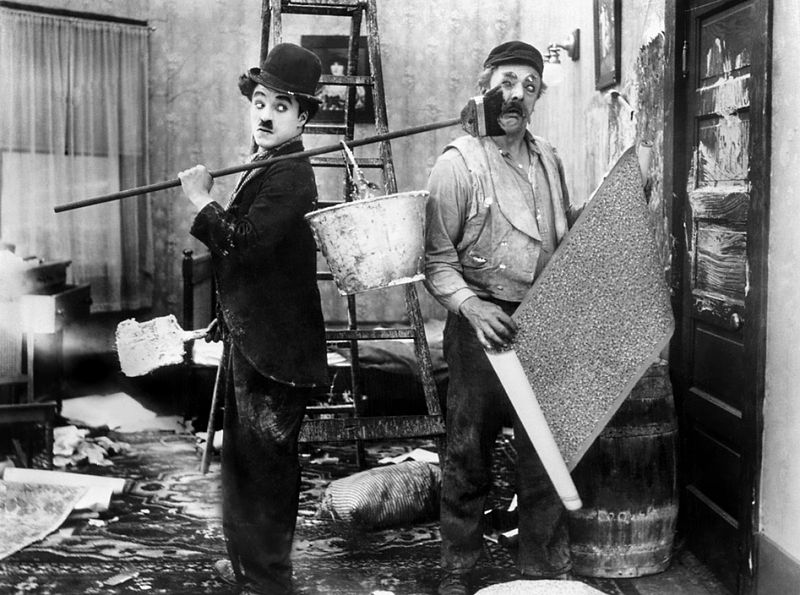The main distinction between witty and funny is that witty only involves verbal humor, while funny can involve both verbal and physical humor. Witty refers to displaying quick and inventive verbal humor, while funny refers to causing laughter or amusement. Another important difference between witty and funny is that witty remarks may not always cause laughter or amusement, while funny people’s comments or situations do.
Key Takeaways
- Witty only involves verbal humor, while funny can involve both verbal and physical humor.
- Witty remarks may not always cause laughter or amusement, while funny people’s comments or situations do.
- Wit always displays intelligence, whereas funny remarks or things do not necessarily display intelligence.
What Does Witty Mean?
Witty refers to the quality of possessing or showing wit – the ability to say things that are clever and funny. In other words, it refers to showing quick and inventive verbal humor. Moreover, wit is considered to be an intelligent form of humor. A wit or a witty person is a person who is able to make funny and clever remarks. Furthermore, being witty involves a certain mental sharpness. A witty person can see a situation in a unique way and is instinctively able to respond with a comment or comeback that suits the particular situation.
There are various forms of wit, including quip, wisecrack, and repartee. However, witty remarks or comebacks may not always be funny and may not induce laughter; but they are always clever and arouse amusement.
What Does Funny Mean?
Funny is another name for humorous. Something or someone funny causes laughter and amusement. Thus, we use the adjective funny to refer to things, people, or comments that amuse us and make us laugh. In other words, funny things or people cause humor.
There are different forms of humor, including types that involve simple farces or slapstick humor as well as sophisticated satire or sarcasm. Sophisticated and intelligent forms of humor involve factors like sarcasm, timing, wit, and cleverness. However, simple humor only involves a few physical movements. For example, a Charlie Chaplin movie has no witty or sarcastic dialogues; it mainly relies on slapstick – a comedy based on intentionally clumsy actions and humorously embarrassing events. Anyone can understand this type of humor.
It is important to note that the adjective funny always refers to things that cause laughter or amusement. Nevertheless, funny does not always imply witty, as even slapstick comedies can cause laughter.
What is the Difference Between Witty and Funny
First of all, witty means showing quick and inventive verbal humor, whereas funny means causing laughter or amusement. That is; while wit is a verbal form of humor, funny refers to both verbal and physical humor such as slapstick or farce. So, this is the key difference between witty and funny. Moreover, another difference between witty and funny is that the witty remarks may not always cause laughter or amusement while funny people’s comments or situations do. Furthermore, a major difference between witty and funny is that wit always displays intelligence, whereas funny remarks or things do not necessarily display intelligence.
Summary – Witty vs Funny
The key difference between witty and funny is that witty only involves verbal humor, whereas funny does not only involve verbal humor. While wit always displays intelligence, funny remarks or things do not necessarily display intelligence.
